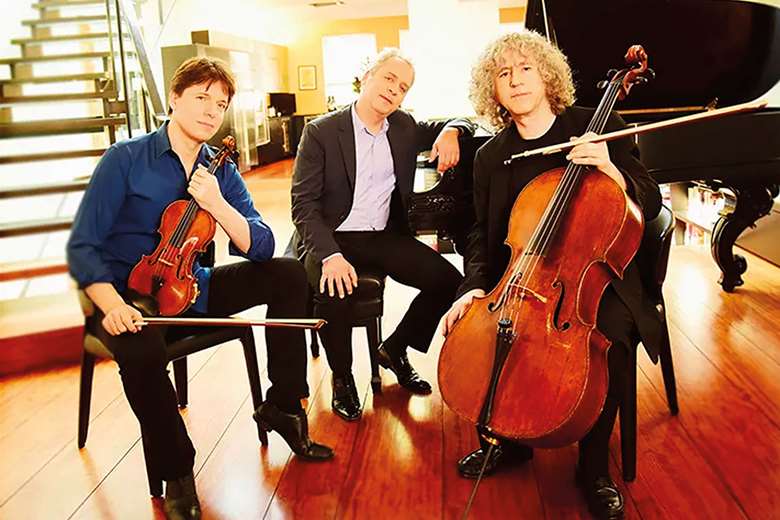Online classical concerts & events to enjoy this month (November 2024)
Charlotte Gardner
Friday, November 1, 2024
Charlotte Gardner explores a range of web-based concerts

Register now to continue reading
Thanks for exploring the Gramophone website. Sign up for a free account today to enjoy the following benefits:
- Free access to 3 subscriber-only articles per month
- Unlimited access to our news, podcasts and awards pages
- Free weekly email newsletter







